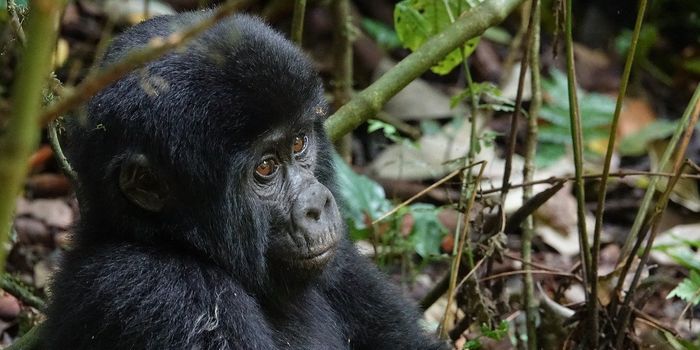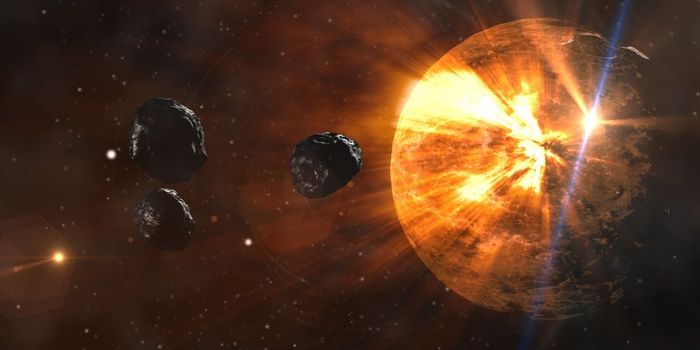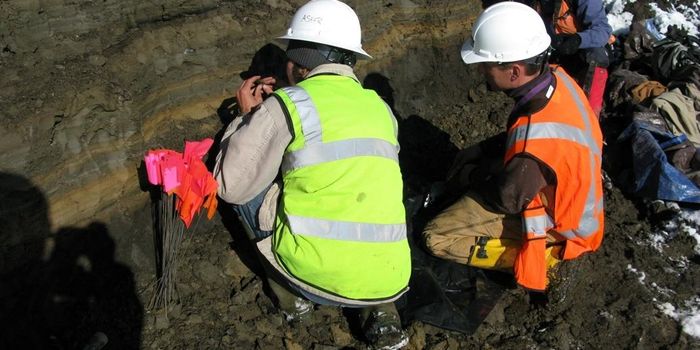Every day, millions of tons of food waste accumulates. Meat scraps, fruit peels and other items get tossed away. Not to mention uneaten food from restaurants and manufacturing plants. While it's organic waste, that doesn't mean it's harmless. If food scraps are not disposed of properly, they cannot break down properly. The problem then becomes the creation of methane gas, that is given off by organic waste. What people don't always realize is that methane is a much stronger greenhouse gas than carbon dioxide.
In this video, from a promising young high school student in Michigan, the process of composting food waste is discussed. Composting provides an environment where microorganisms in the soil break down solid food waste into elements that can enrich the soil. While some communities have composting programs available, either curbside or at central collection sites, not every place does and that is where home composting comes in. In the average soil sample there can be from 10,000 to 50,000 organisms to break down waste and create rich soil to grow more plants and crops.








